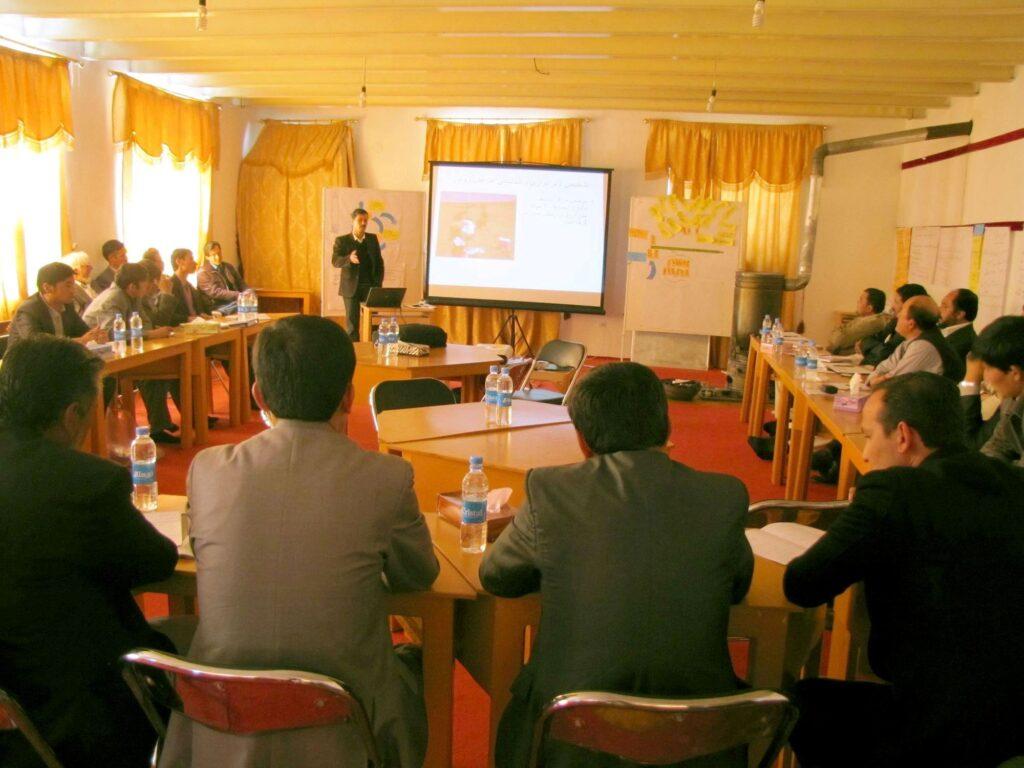BAMYAN CITY (PAN): More than 30 percent of residents of Waras and Punjab districts in central Bamyan province have been displaced due to severe economic problems, officials said on Friday.
With impassable mountain routes, Waras district is located more than 100 kilometres from the provincial capital, Bamyan City, and borders Daikundi province.
About 30 percent of the district’s poor residents — some 160,000 individuals — have migrated in recent months to other provinces, including Herat, Balkh and Kabul, the Waras administrative chief said.
Suleman Mirzaee, speaking to Pajhwok Afghan News, linked the displacement of civilians to devastating floods, widespread unemployment and insufficient agricultural land.
Last year’s flooding washed away 50 percent of arable land in the district and livestock, causing residents huge losses, the district chief recalled. Local authorities and Afghanistan Natural Disaster Management Authority (ANDMA) officials in Kabul have been informed several times of people’s problems.
“But our demands are yet to be met,” the official complained, saying that Waras residents were mostly peasants and livestock farmers, who were in dire financial straits. He saw a comprehensive work-for-food programme as the only effective tool of enabling the displaced families to return to their native town.
On average, he reckoned, 40 to 50 families visited the population census office on a daily basis to obtain their national identity cards, indicating their intention to leave the district. Most of the displaced individuals are from Shevqal, Qarghjaur, Aspigho, Legan and Pajandur areas.
Similarly, the Punjab district head also confirmed that poverty had forced many people to leave their homes. “Abject poverty is cause concern for concern,” Sayed Habib Rezaee said.
He was concerned that privations and people’s migration could lead to the closure of seven schools in the district, 70 kilometers from the provincial capital. A number of parents have pulled their children out of school and assigned them to work as peasants.
Mohammed Asadi, an official based in Waras district, acknowledged that most residents were leaving their hearth and home. Over the past 10 months, five to 20 families had been displaced from each village, he added.
Resident Mohammed Musa, who had come to the Shevqal district centre to collect his children’s identity cards, said: “Next week, I will be shifting to Herat along with my family.” The man said he was unable to meet his family expenses.
Rahman Ahmadi, a spokesman for the Bamyan governor, endorsed the Waras district chief’s view. A delegation of provincial council members, government and NGO officials had been dispatched to the district to help the people, he said.
The provincial authorities sent the team’s recommendations to Kabul, but no action had been taken so far, Ahmadi added. The Bamyan government and some NGOs have sent aid to the area, but the assistance is far from sufficient. He urged the centre to take urgent steps to help the needy families.
mud








GET IN TOUCH
NEWSLETTER
SUGGEST A STORY
PAJHWOK MOBILE APP